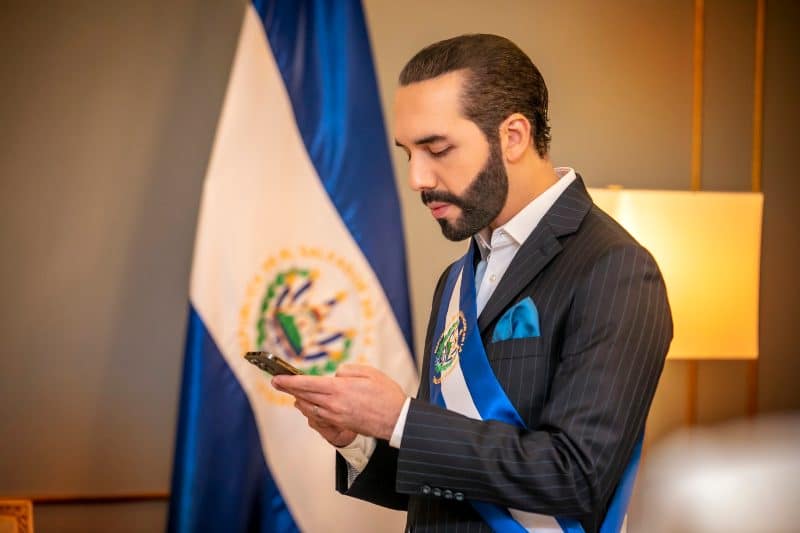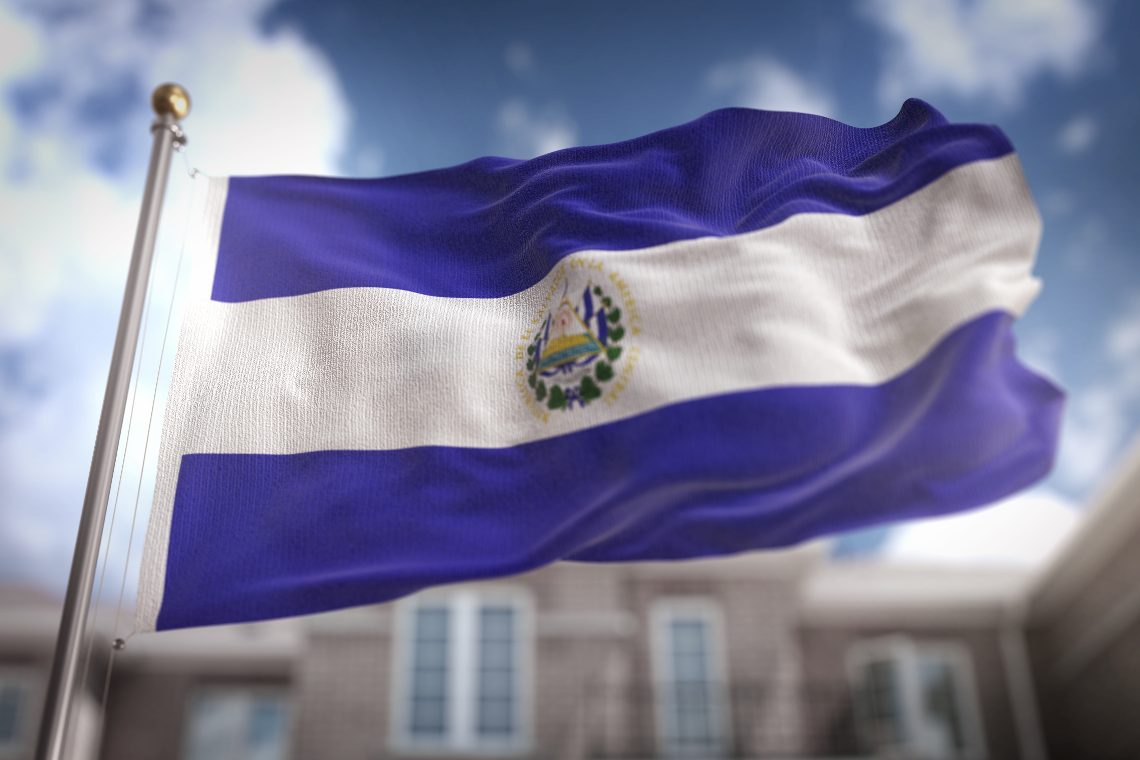Yesterday, the president of El Salvador announced new bitcoin purchases.
We just bought the dip.
150 new coins!
El Salvador now holds 700 coins.#Bitcoin🇸🇻
— Nayib Bukele (@nayibbukele) September 20, 2021
He said that they followed the logic of “buy the dip“, i.e. buying when the price falls.
Summary
Investors “buy the dip” during bitcoin’s fluctuations
Yesterday’s purchase was 150 BTC, with an investment supposedly of about six and a half million dollars, so in total the country now owns 700 BTC (about $29.5 million at today’s price).
Yesterday the price of bitcoin fell and continued to fall overnight.
Until a few days ago the price was around $47,000, but yesterday it fell below $44,000, and today after a brief excursion to $40,000, it seems to have settled between $42,000 and $43,000 for now.
At the beginning of the month, it had risen above $50,000.

The concept of “buy the dip”, which has become very popular among bitcoiners, involves taking advantage when prices fall to buy bitcoin in order to accumulate more BTC.
Many bitcoiners do not buy BTC in order to resell them as soon as possible at a higher price, but simply to accumulate them as a store of value for the long term. They often believe that by doing so, the value of BTC will increase.
Evidently, the president of El Salvador also thinks this way, so much so that in a later tweet he wrote that by buying the dip “they can never beat you”.
They can never beat you if you buy the dips.
— Nayib Bukele (@nayibbukele) September 20, 2021
A popular hypothesis among bitcoiners is that the price of BTC could reach and exceed $100,000 by the end of the year, which suggests why they are willing to buy bitcoin right now when its price drops.
Bukele’s bet with Bitcoin in El Salvador
President Bukele also announced that the country’s official Bitcoin wallet, Chivo, has already been downloaded around 1.6 million times, and given that El Salvador’s total population is around 6.5 million, including children and the elderly, this is in all respects a great success, considering that it was only launched 15 days ago.
So El Salvador’s bet is not only that BTC will be used by its citizens as currency or a store of value, but also that the state itself will benefit if the value of bitcoin rises sharply in the coming months.
This scenario is currently only theoretical, possible but not necessarily probable, and that is why the purchase of 700 BTC by a state, i.e. with public money, should be considered a gamble, not least because it seems difficult for a country with a total public debt of 18,000 million dollars to justify a risky public investment of several tens of millions.
However, if Bukele is right, then his gamble will prove to be a real winner.




